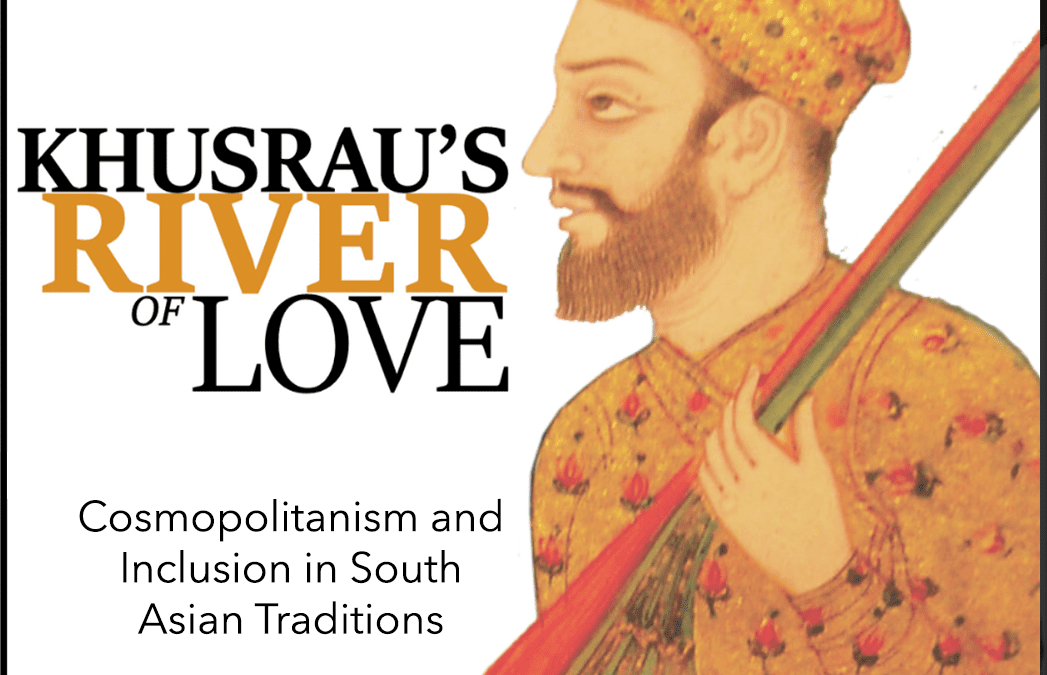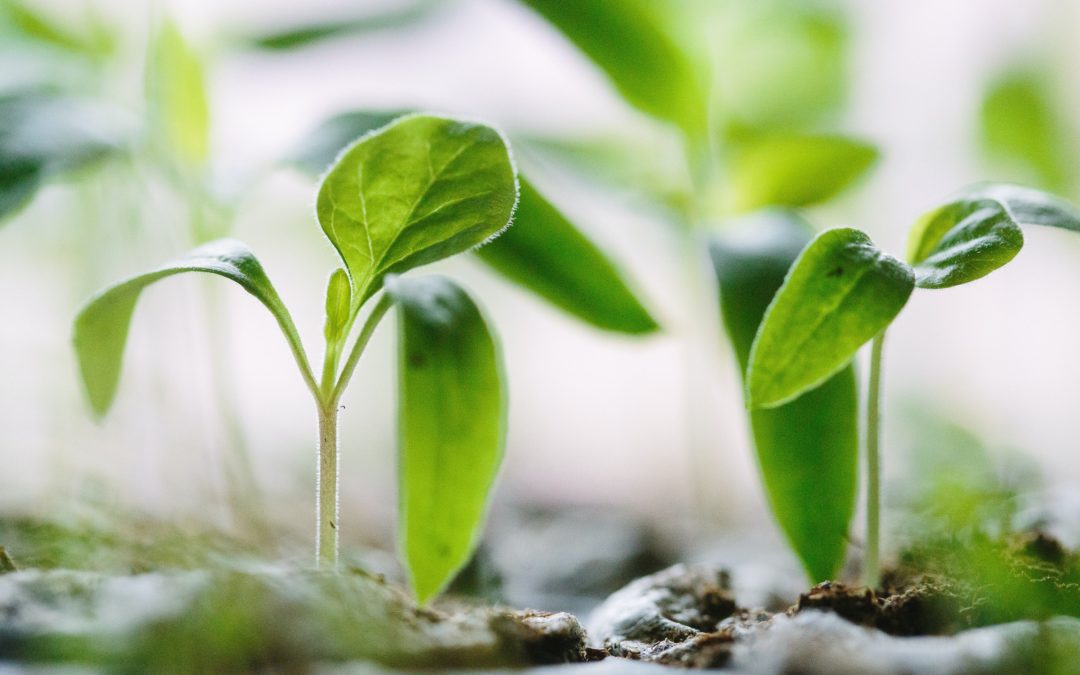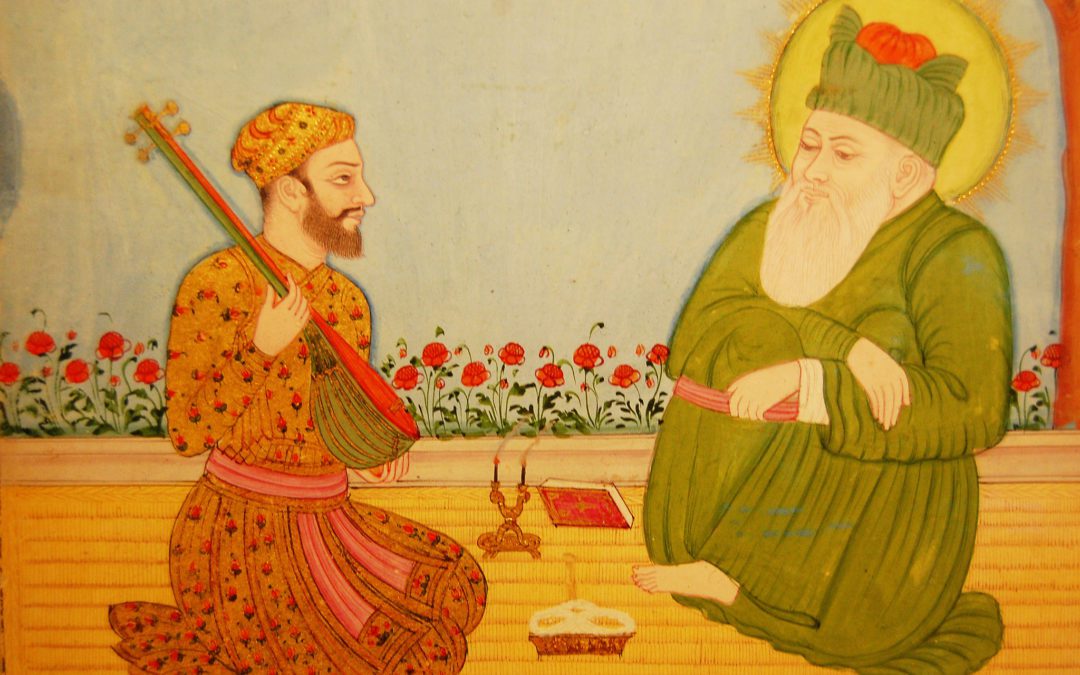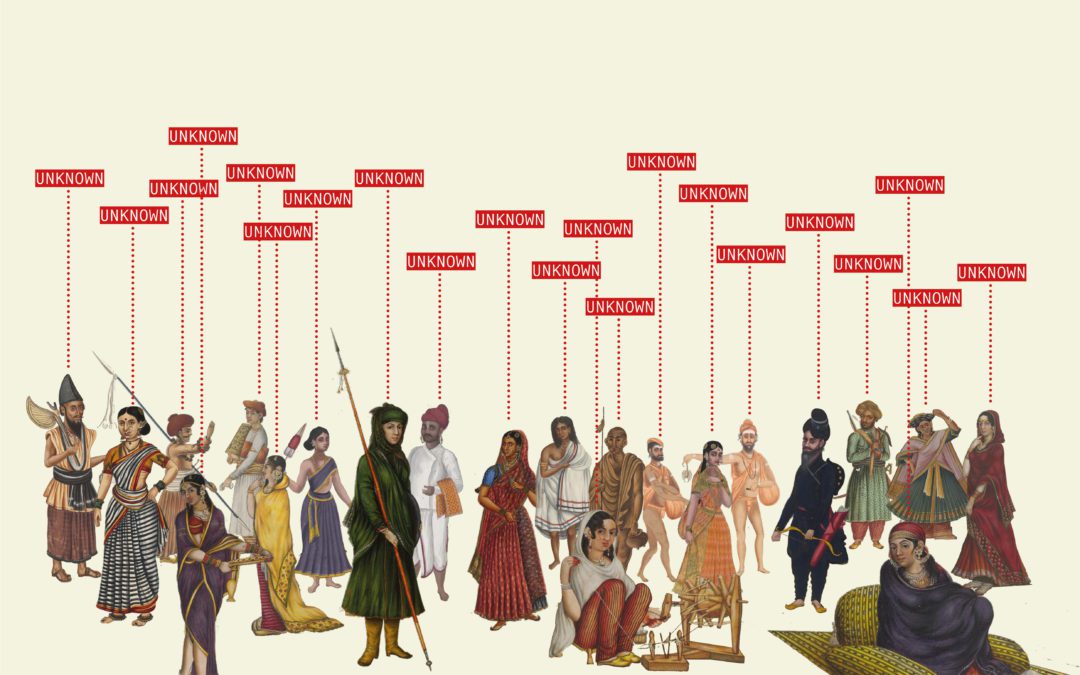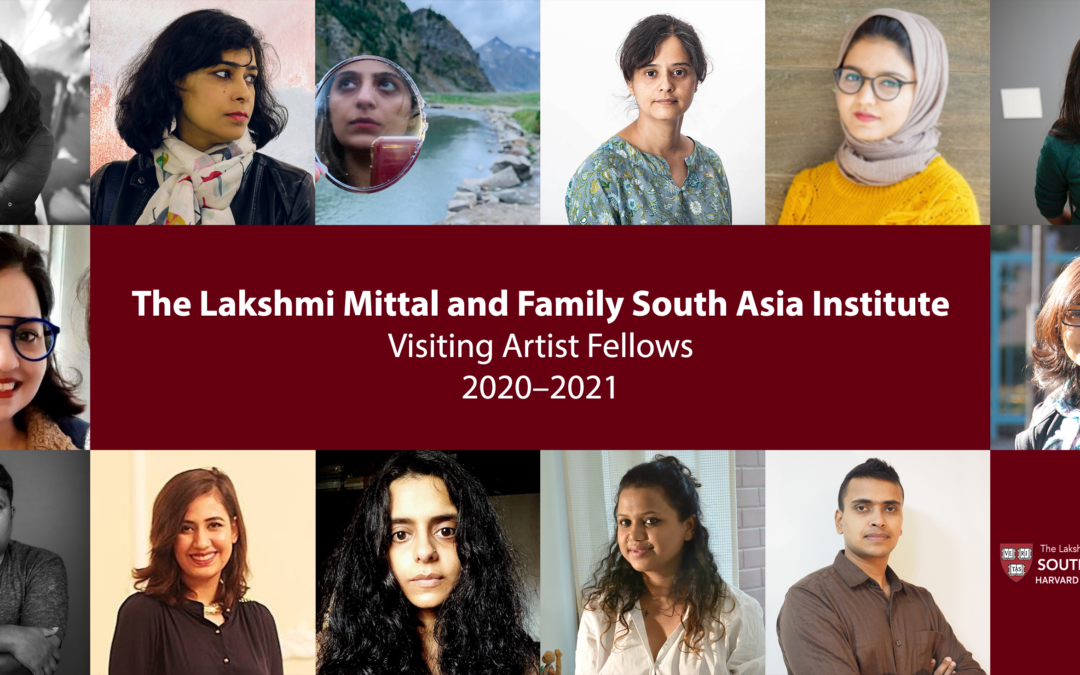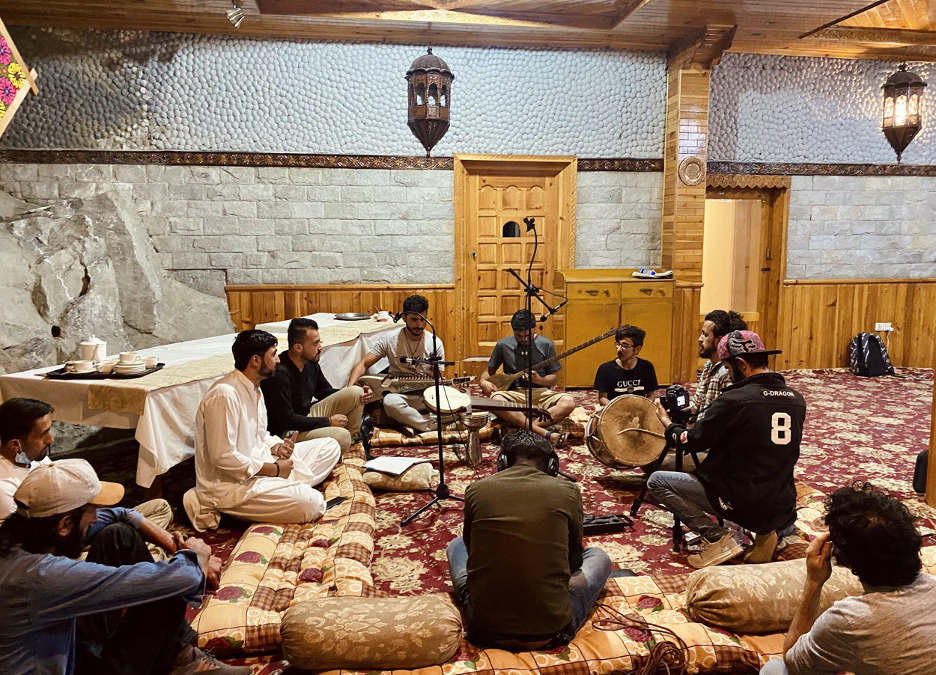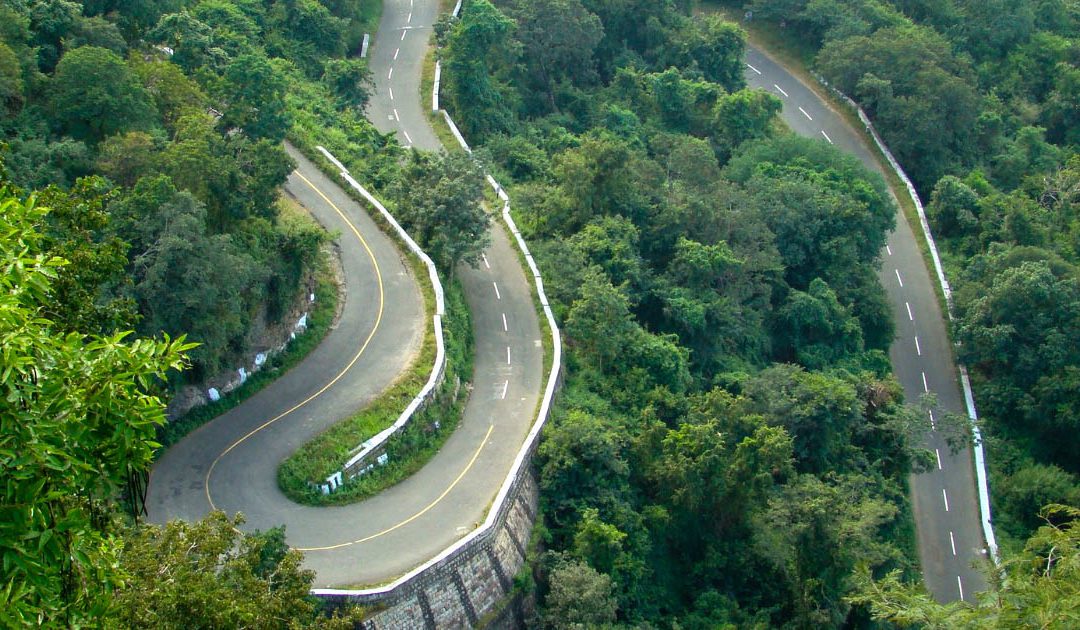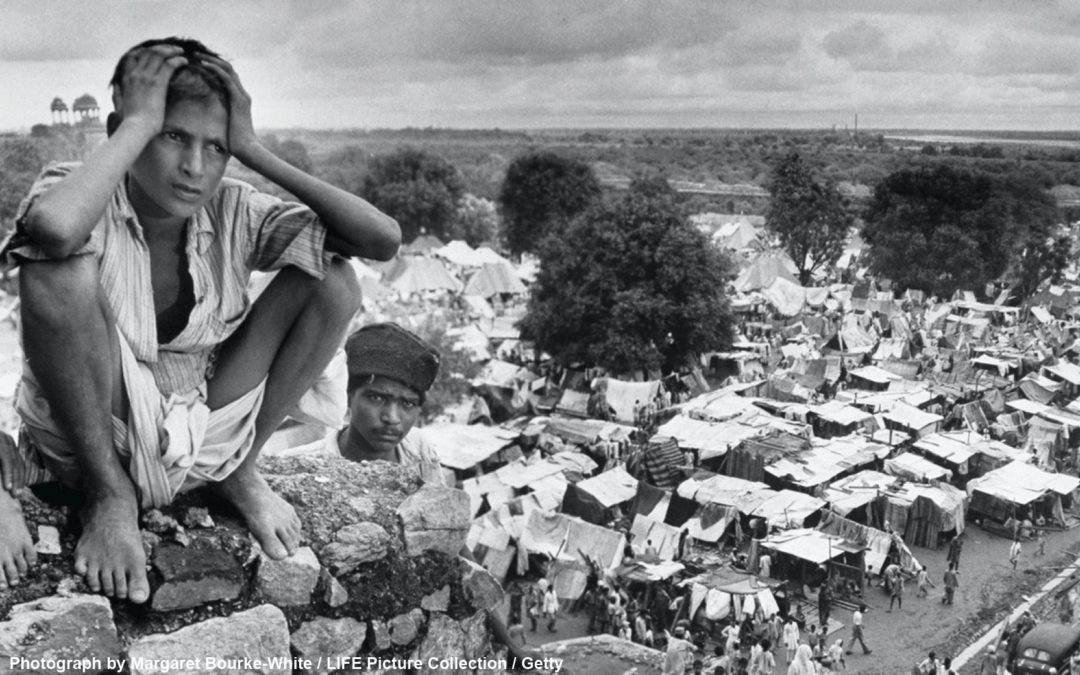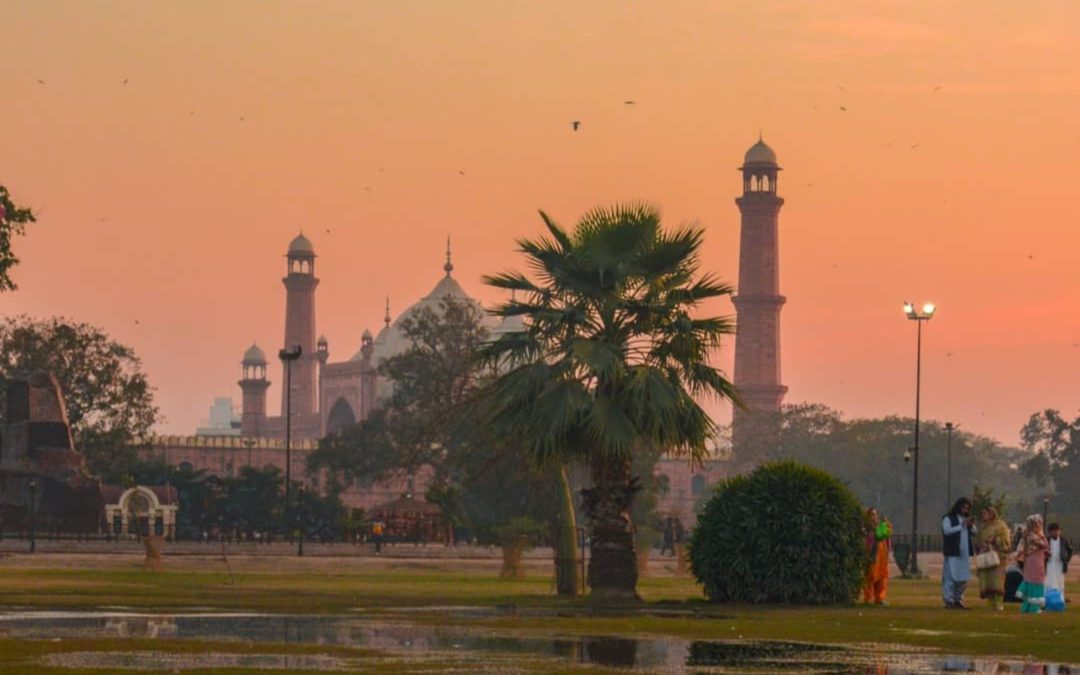The Power of Dance in Times of Change
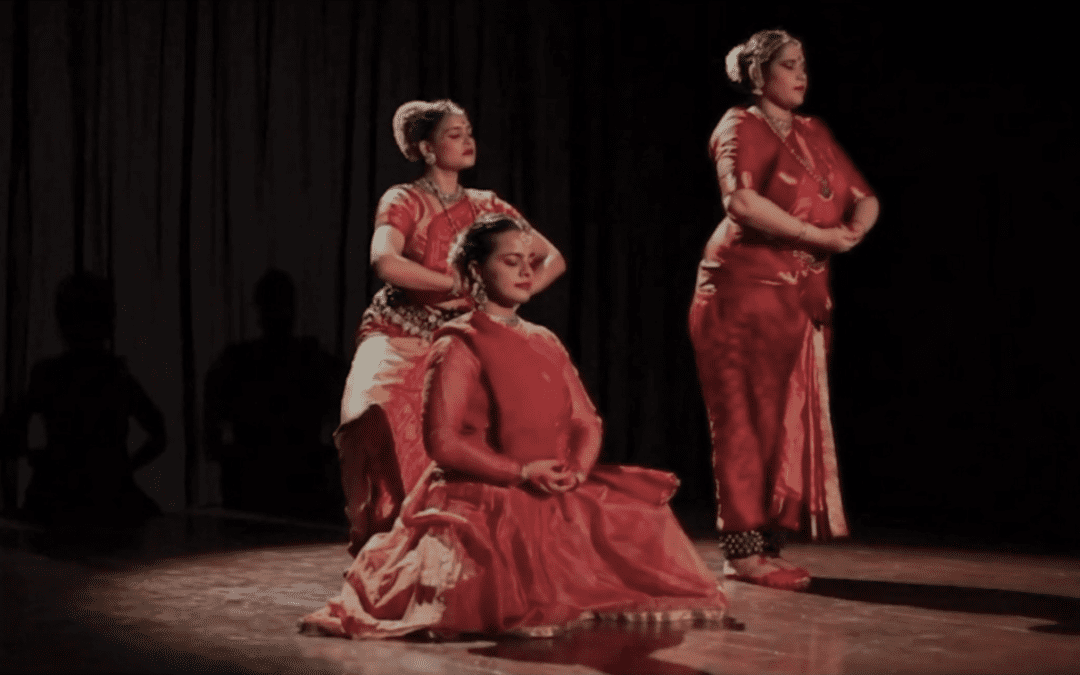
Art is known to transcend barriers and boundaries, binding people across race, religion, and geographies. Dance holds the unique power of bringing relief into a world struggling under the gloom of uncertainty. However, the physical restrictions placed on performers due to the ongoing pandemic have enforced a radical re-imagination of the ways in which dance culture can be practiced and disseminated across the world. Last week, as part of the Harvard Worldwide Week, dance teams representing three global centers and institutes of Harvard University convened to present a program called “Channels of Expression in Times of Change: Music and Dance Across Continents.”

